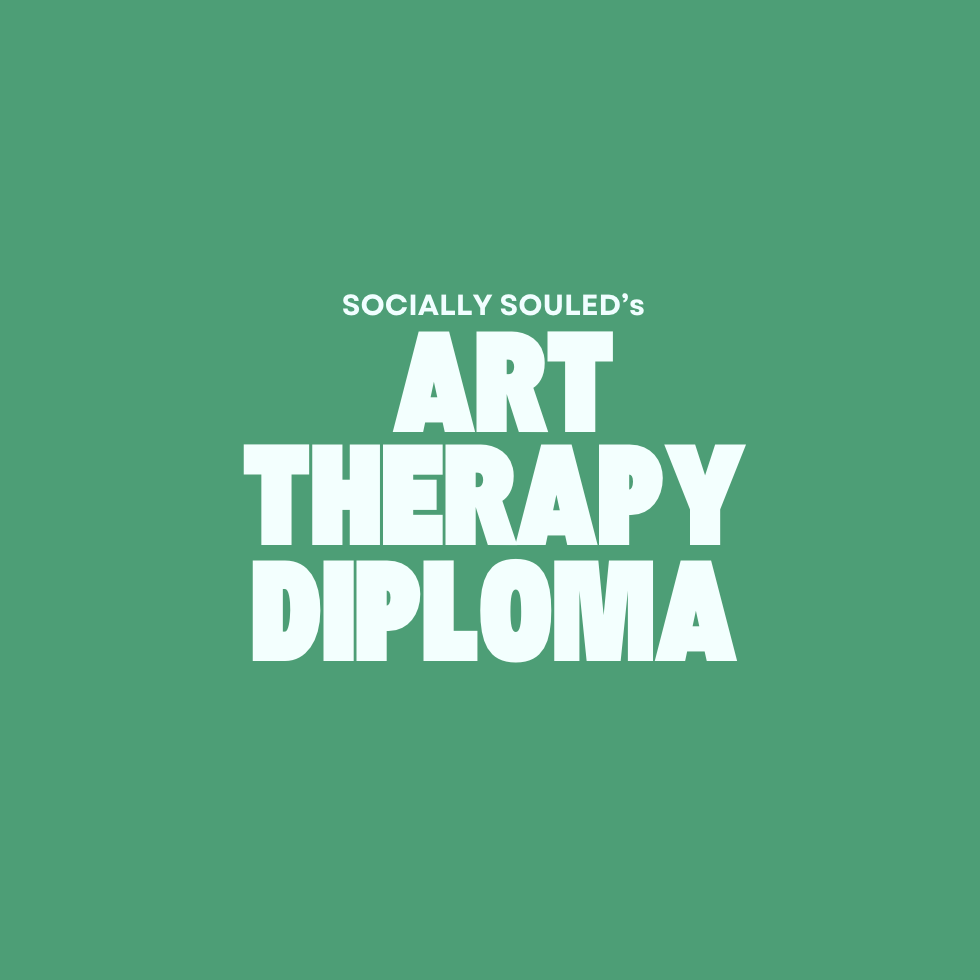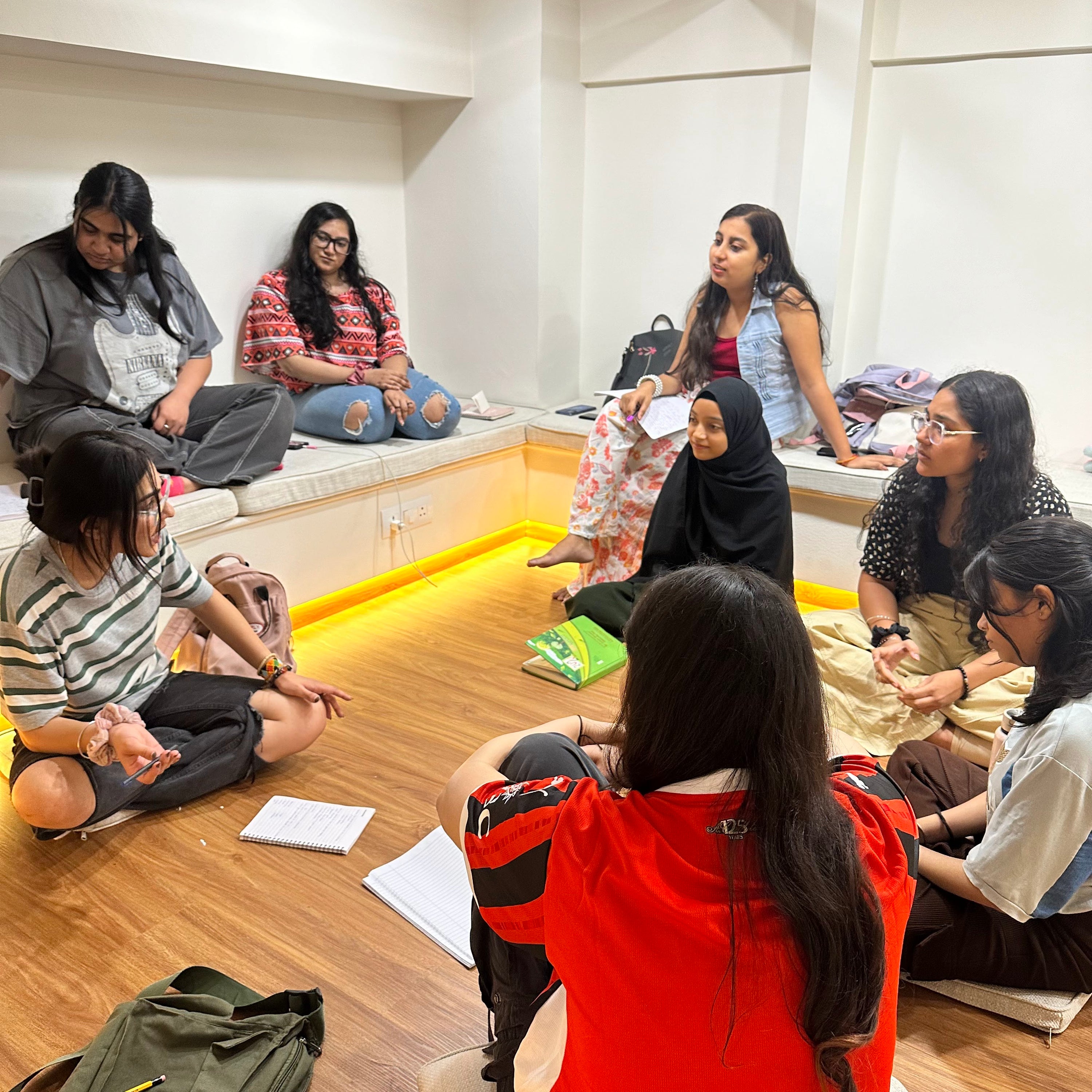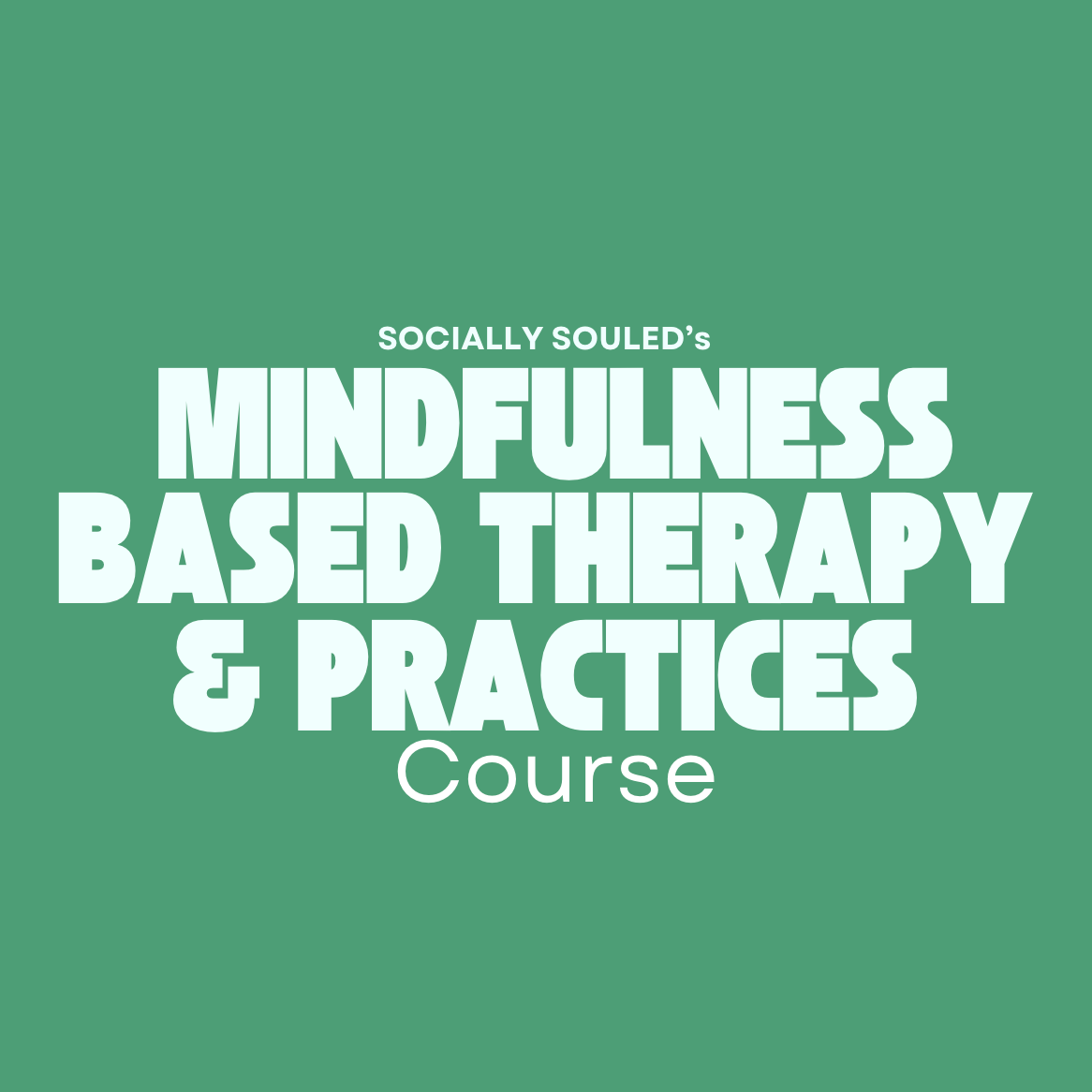
Mindfulness Based Therapy and Practices Course
Why Choose this programme?
Program Structure: A 3-Phase Learning Experience
-
Self-Paced Learning (Phase 1)
Learn the Theory -
Live Training (Phase 2)
Practice the Skills -
Supervised Cases (Phase 3)
Gain Real World Experience
Phase 1: Self-Paced Learning (Theory & Foundation)
📌 Objective: Build a strong theoretical foundation in mindfulness before moving to interactive practice.
Learn at Your Own Pace with structured pre-recorded modules.
✔ Bite-Sized Video Lessons (10-15 min per topic)
✔ Downloadable workbooks, self-assessment quizzes, and reflective journaling templates
Exclusive Access to Our Learning Management System (LMS) for Self-Paced Modules.
Topics Covered:
- History, evolution, and core concepts of mindfulness meditation
- Overview of key mindfulness practices and their scientific basis
- Introduction and core concepts of Mindfulness-Based Stress Reduction (MBSR)
- Principles of Mindfulness-Based Cognitive Therapy (MBCT)
- Foundations of Mindful Self-Compassion (MSC)
- Mindful Eating: Concepts and applications
- Real-world applications and recorded guided practices
- Review research supporting mindfulness, including studies on neuroplasticity and stress reduction
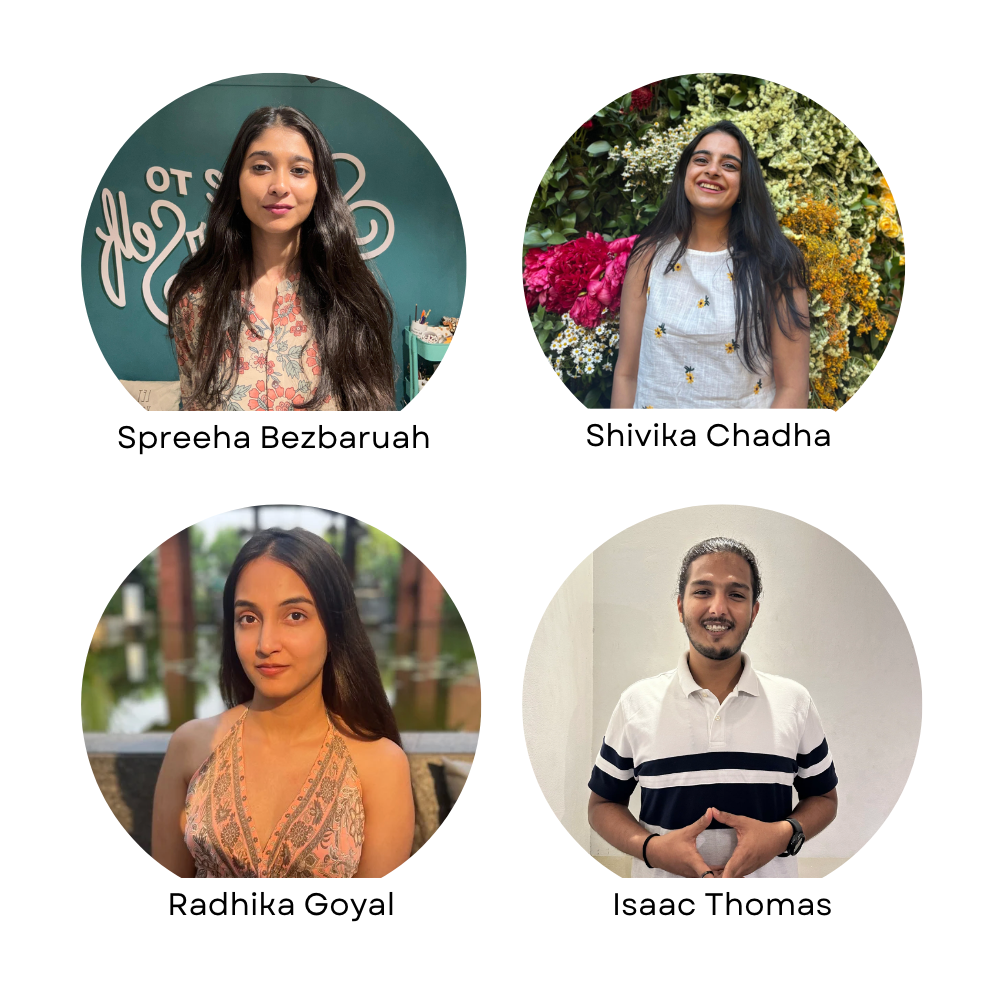
Educators & Supervisors
Ms Spreeha Bezbaruah- Counselling Psychologist, Socially Souled Mumbai
Ms Shivika Chadha- Counselling Psychologist, Socially Souled Gurugram
Ms Radhika Goyal- Counselling Psychologist, Co-Founder, Socially Souled
Mr Isaac Thomas- Junior Research Fellow, PhD Scholar
Phase 2: Live Training & Skill Development
📌 Objective: Enhance your practical mindfulness skills through interactive live sessions that reinforce self-paced learning. Engage in guided meditations, group exercises, and real-time Q&A to refine your ability to cultivate present-moment awareness and emotional regulation.
• Live Q&A Sessions:
– Clarify doubts and discuss core mindfulness principles with expert trainers
• Guided Live Practice Sessions:
– Practice guided mindfulness meditations, body scan exercises, and mindful eating practices
– Participate in live role-plays and group exercises to refine your technique
• Interactive Group Discussions:
– Engage in breakout room activities and case discussions to enhance practical learning
• Supervision & Feedback:
– Receive direct, personalized feedback during simulated mindfulness sessions
Topics Covered in Live Training:
- Course Orientation and Overview of Mindfulness Principles
- Live Guided Meditation: Mindful Breathing & Body Scan
- Group Discussion: Sharing Initial Experiences
- Interactive Practice: Mindful Awareness of Daily Stressors
- Guided Meditation for MBSR – Body Scan and Yoga Nidra Basics
- Role-Play Exercise: Applying Mindfulness in Everyday Situations
- Live Guided Session: MBCT Techniques – Integrating Mindfulness with Cognitive Awareness
- Session on Mindful Self-Compassion – Cultivating Kindness Toward Oneself Group Reflection and Breakout Discussions
- Live Session: Mindful Eating and Everyday Mindfulness Practices
- Case Study Discussion: How Daily Mindfulness Transforms Stress Responses
- Advanced Guided Meditation: Combining Techniques for Deep Relaxation Review of Key Mindfulness Strategies and Troubleshooting Challenges
Phase 3: Supervised Casework & Certification
📌 Objective: Demonstrate mastery of mindfulness techniques in real-world or simulated client sessions, receive detailed supervision, and complete final assessments for certification.
✔ Direct Trainer Feedback on Your Sessions.
✔ Case Study Reviews & Real-World Problem Solving.
✔ Supervised Skill Development
Supervised Practice & Certification Requirements:
- Complete 3 mindfulness sessions and record the interventions
- Submit a self-reflection essay highlighting your growth, challenges, and strategies for future practice.
- Prepare a final case study that details a comprehensive mindfulness-based intervention plan.
- Pass the Final Competency Assessment for Certification.
Expand Your Practice with Mindfulness-Based Therapy
Apply Mindfulness in Everyday Life & Personal Growth
Empower Coaching & Wellness Practices
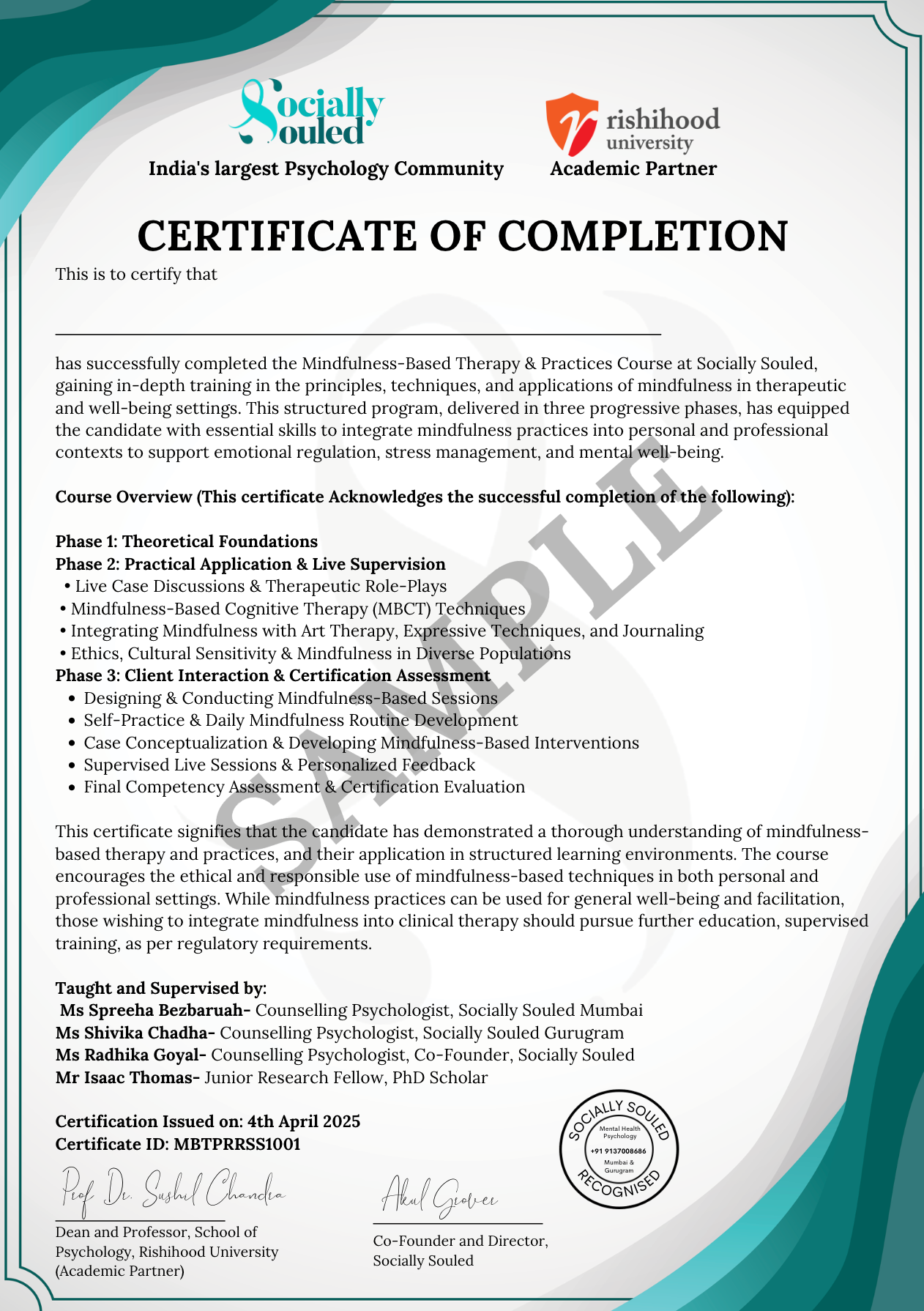
Facilitate Mindfulness Workshops & Group Sessions
Collaborate with Licensed Mental Health Professionals
Lay the Foundation for Specialization in Mindfulness-Based Interventions

What You Get with This Course
- Self-Paced Learning – Build a solid theoretical foundation through structured video modules and comprehensive workbooks.
- Live Practice Sessions – Engage in guided meditations, interactive role-plays, group exercises, and real-time Q&A sessions.
- Live Training with Role-Plays, Case Discussions & Q&A Sessions.
- Hands-On Supervised Therapy Practice
- Mentorship & Support from Industry Experts.
- Certification Recognized for Career Growth.
Who is This Course For?
-
Psychology Students and Graduates
interested in a holistic approach to emotional regulation and stress management. -
Counselors, Mental Health Professionals and Wellness Coaches
seeking to enhance their mindfulness techniques. -
Social Workers, Educators & Corporate Wellness Professionals
looking to promote mental well-being in various settings. -
Individuals seeking
to develop a personal mindfulness practice and cultivate long-term resilience—no prior experience required.
Frequently Asked Questions (FAQs)
-
The program is self-paced + live training. On average, students complete it in 3-4 months, depending on how quickly they move through the phases.
-
No, this course is beginner-friendly! Whether you're new to mindfulness or already working in psychology, this program helps build and refine your skills.
-
All live classes are recorded and uploaded to our LMS. You can access them anytime.
-
Yes, the course is designed to provide you with actionable skills and techniques that can be immediately implemented. Case studies, role-playing, and interactive sessions facilitate hands-on learning that ensures you can apply the concepts effectively.
-
In Phase 3, you’ll conduct live mindfulness sessions and submit recordings for trainer feedback.
-
- After completing the course, participants may have access to a community forum for ongoing discussion, periodic webinars for course alumni, and opportunities for supervision or consultation on challenging cases.






